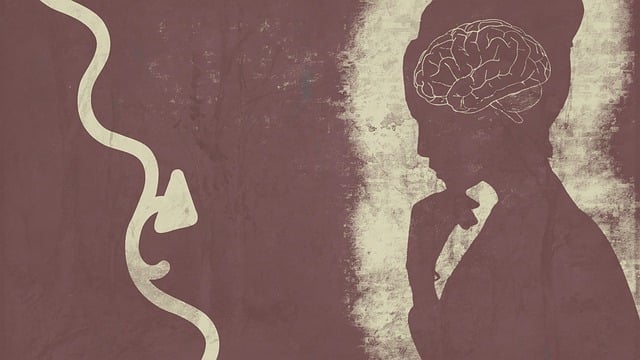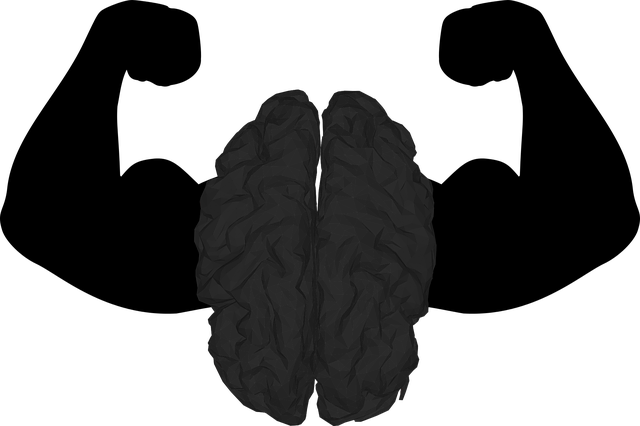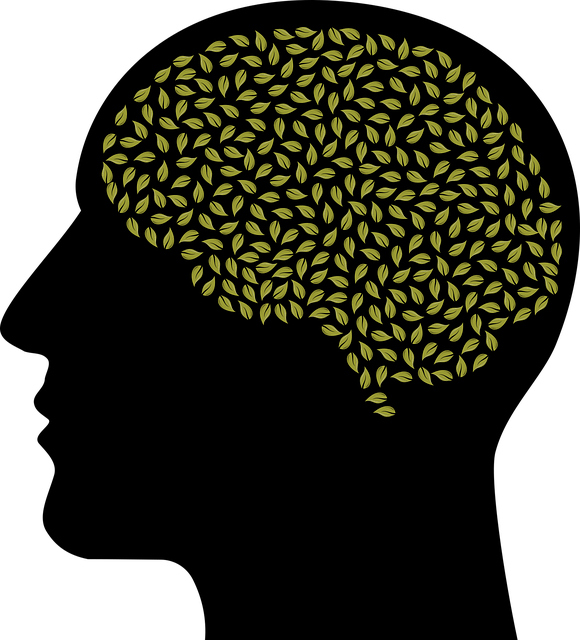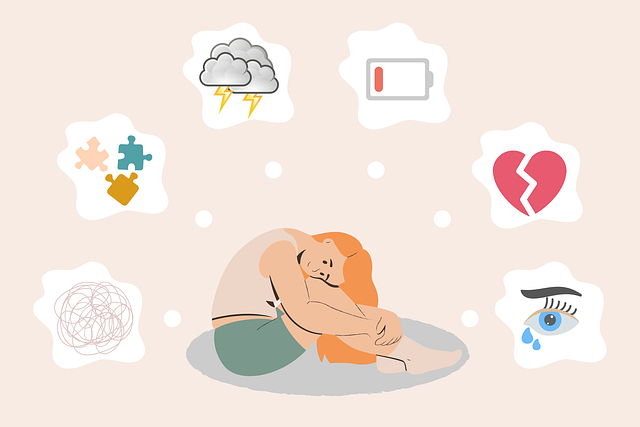Lone Tree Gambling Therapy (LTGT) offers a unique, personalized approach to treating gambling addiction by combining CBT, mindfulness, and exposure therapy in a natural setting. Their Resilience Building Exercises (RBE) empower individuals with skills to overcome adversity, focusing on holistic mental, emotional, and behavioral well-being. LTGT promotes mental resilience through innovative practices like mental wellness journaling, improving adaptability and coping mechanisms. Integrating RFM principles into daily routines offers long-lasting mental health benefits and can reduce depression. Public awareness campaigns based on these techniques can enhance community mental health support. Healthcare providers adopting this proactive mindset can build resilience personally and professionally.
Discover the transformative power of Lone Tree Gambling Therapy, a unique and innovative approach to resilience building. This article explores how the RFM (Risk, Frequency, Money) model plays a pivotal role in enhancing mental fortitude. Learn effective exercises tailored to integrate RFM into daily life, fostering long-lasting resilience. From understanding the core principles to practical strategies, we delve into the art of navigating challenges with strength and grace, all inspired by this captivating therapeutic method.
- Understanding Lone Tree Gambling Therapy: A Unique Approach
- The Role of RFM in Resilience Building
- Effective Exercises to Enhance Mental Resilience
- Integrating RFM into Daily Life for Long-Lasting Results
Understanding Lone Tree Gambling Therapy: A Unique Approach

Lone Tree Gambling Therapy offers a unique approach to enhancing resilience and well-being through a combination of therapeutic techniques tailored to individual needs. Unlike traditional group therapy sessions, this method focuses on one-on-one interactions between clients and therapists in a serene natural setting. By immersing individuals in a tranquil environment, the therapy aims to foster a sense of calm and reduce triggers associated with gambling addiction. This personalized approach not only addresses the root causes of distress but also empowers clients with effective coping strategies for long-term mental health management.
The effectiveness of Lone Tree Gambling Therapy lies in its ability to integrate various therapeutic modalities, including cognitive-behavioral therapy (CBT), mindfulness practices, and exposure therapy. Through these techniques, individuals learn to challenge negative thought patterns, manage stress, and rebuild their confidence. Additionally, the therapy’s emphasis on connecting with nature can serve as a powerful tool for depression prevention, offering a much-needed respite from the pressures of daily life. Community outreach program implementation, inspired by this unique approach, can further extend its benefits, fostering a supportive network that encourages individuals to embrace resilience and pursue healthier lifestyles.
The Role of RFM in Resilience Building

Resilience is a vital asset for individuals to navigate life’s challenges and build a strong mental framework. This is where Lone Tree Gambling Therapy (LTGT) plays a crucial role, offering specialized Resilience Building Exercises (RBE). LTGTF’s RBE goes beyond traditional therapy by leveraging unique approaches tailored to individual needs. These exercises are designed to empower people with the skills to overcome adversity and foster a sense of empowerment.
The effectiveness of LTGTF’s RBE lies in its holistic approach, addressing not just the mind but also emotional and behavioral aspects. By integrating techniques from various fields, such as communication strategies and healthcare provider cultural competency training, these exercises create a supportive environment for public awareness campaigns development. This comprehensive strategy ensures that individuals leave with enhanced resilience, better equipped to handle stress and challenges in their daily lives.
Effective Exercises to Enhance Mental Resilience

Building mental resilience is a vital aspect of maintaining good mental health, especially when facing life’s challenges. One effective strategy to enhance resilience is through structured exercises designed to strengthen the mind and foster adaptability. These practices can be particularly beneficial for individuals dealing with issues like depression or those seeking to improve their overall mental wellness.
Lone Tree Gambling Therapy offers a unique approach to this problem by incorporating various techniques into therapeutic processes. For instance, mental wellness journaling is a powerful tool where individuals record their thoughts and experiences, helping them reflect on emotions and gain insights. Additionally, developing a consistent journaling exercise guidance routine can improve coping mechanisms and promote better decision-making skills. Public awareness campaigns that emphasize the importance of such practices can significantly contribute to depression prevention and overall community mental health support.
Integrating RFM into Daily Life for Long-Lasting Results

Integrating RFM (Resilience, Flexibility, and Mindfulness) into daily routines is key to reaping long-lasting benefits, especially when aiming for better mental health outcomes. The Lone Tree Gambling Therapy approach emphasizes this holistic integration, demonstrating how these principles can be applied beyond structured therapy sessions. By embracing RFM in everyday life, individuals can build a stronger foundation against stress and adversity.
This proactive strategy is particularly relevant for healthcare providers who often face high-stress environments. Incorporating burnout prevention strategies, such as mindfulness practices and effective communication techniques, alongside RFM exercises can foster resilience not only in professionals but also in those they serve. This interconnectedness promotes a culture of mental illness stigma reduction efforts, ensuring that everyone benefits from enhanced coping mechanisms and improved well-being.
Lone Tree Gambling Therapy offers a unique and innovative approach to resilience building through its RFM (Risk, Frequency, and Money) model. By understanding an individual’s relationship with risk, the frequency of their engagement, and their financial involvement, this therapy empowers people to develop mental resilience. The exercises outlined in this article provide practical tools to enhance emotional fortitude, allowing individuals to navigate life’s challenges more effectively. Integrating RFM into daily routines can lead to long-lasting positive outcomes, fostering a more resilient mindset that benefits all aspects of life.










